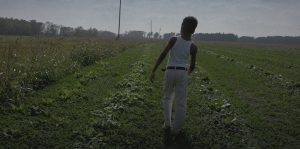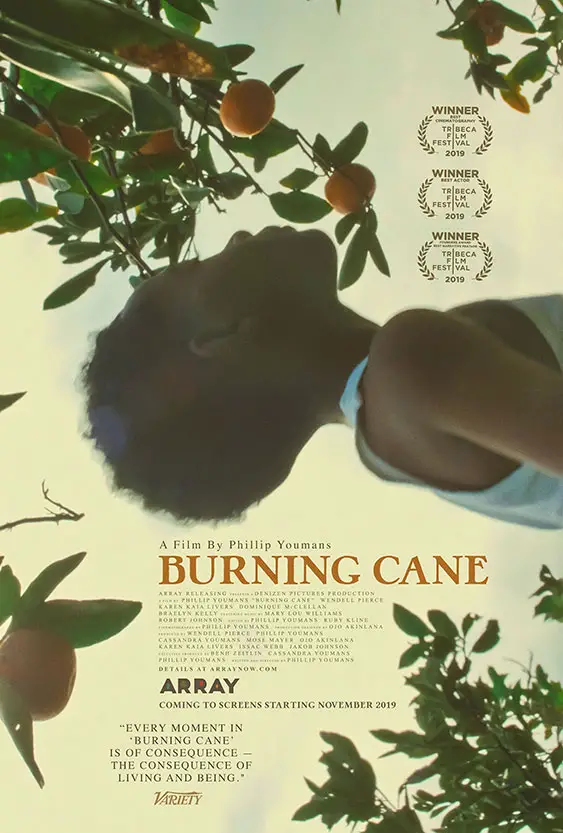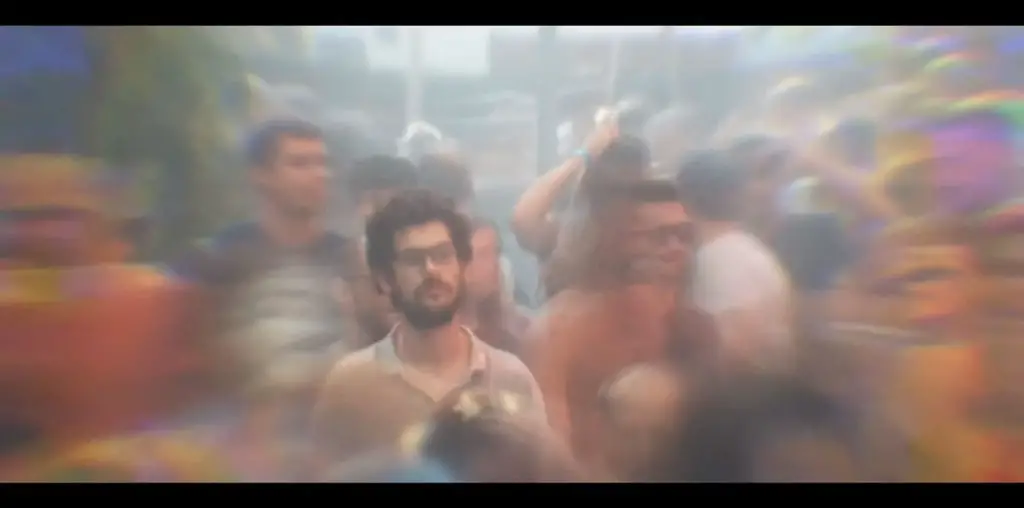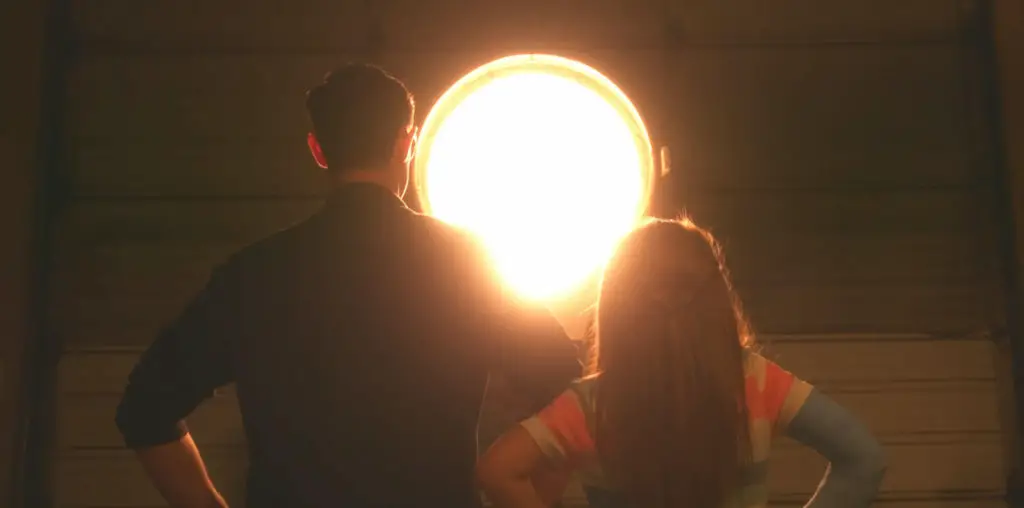
Burning Cane is about the life of three generations of the Wayne family living in rural Louisiana: A widow (Karen Kaia Livers), her son (Dominique McClellan), and her grand-son Jeremiah (Braelyn Kelly). The film also focuses on their local preacher, Reverend Tillman (a role fitting Wendell Pierce, like a glove. He has a good year starring in two of the most talked-about independent films on the festival circuit, as he can also be seen in this year Sundance Grand Jury Prize Clemency)
Burning Cane is the debut feature debut of 19-year-old Phillip Youmans. The film and its filmmaker already accomplished quite a feat after winning three awards at this year’s Tribeca Film Festival, among them best narrative feature and cinematography for it director who also shot the film – when he was just 17! Additionally, the film is distributed by Ava DuVernay’s Array and is produced by Beasts of the Southern Wild director Benh Zeitlin (who also has quite a year as an executive producer of two highly-praised indies with this and Give Me Liberty.)
“…Unlike the young boy still dreaming…everybody else appears to have lost hope, faith in society and humanity, or everything else, except maybe religion”
The film opens on shots of cane fields burning under a soft sunlight promising beautiful cinematography and poetic mood. As a woman smokes and walks around a farm, her narration immerses us in her life. She recounts a sad story and the many unsuccessful homemade remedies she prepared to cure a dog. So we are introduced to Helen (Karen Kaia Livers), the narrator, as we see her doing farm work, taking various smoke-breaks, or plucking a chicken, while we hear a voice-over of her reminiscing about the aforementioned dog Jojo and how she desperately tried to help him. It will be a recurring pattern, as in the next few scenes, we will realize that she is a woman who deeply cares and wants to help everyone around her.
We cut back to a church as a vocalist, and a choir is singing a hymn before the preacher’s sermon of the day. The scattered congregation from the Black community is passionate, but the Reverend, despite appearances, might have more doubts than it appears as we see him lost in thoughts. During the many back-and-forths with church scenes and him in a car, we understand that he might be grieving the tragic loss of his wife. He is also an alcoholic as in a more straightforward scene, we see Reverend Tillman, ranting, refusing, and pushing helpers preventing him from driving while gravely intoxicated.

"…a man of God like the Tillman, who made us wonder if he believes what he fervently preaches."



This film had too many loose ends to make any kind of connections to draw a reasonable conclusion, like what happened to Daniel’s wife? Did Helen kill Daniel or herself? And why did Helen think murder/suicide were options? Did the pastor kill his wife in a drunken rage? With all the unanswered questions the film wasn’t enjoyable.
If you seen it from the beginning “Chemicals not working”
So, that tells me she is burning a body in the sugar cane fields.
Son, killed is girlfriend. Son goes home to mom and confessed. Instead of mom turning him in to the police she gets advice from the Preacher man.
She prayed about it before shooting her son in the bed room. That was DEEP! I believed that’s what she was burning in the fields.
In the end??? Who did she shoot ? And did her son kill his wife?
I actually enjoyed the movie… The realism interested me. I am confused about the end howeVer. Did she shoot her son or what happened at the close of the last scene?
I was not at all sure but I too thought that Helen was going to shoot her son Daniel. And I believe the reason is that Daniel has killed his wife, although that’s not clear. I assumed that was what Helen talked about with the Pastor who advised she keep the whole matter private.
I tend to agree with christopher turner. But, I don’t like films that force one to make up his own ending….